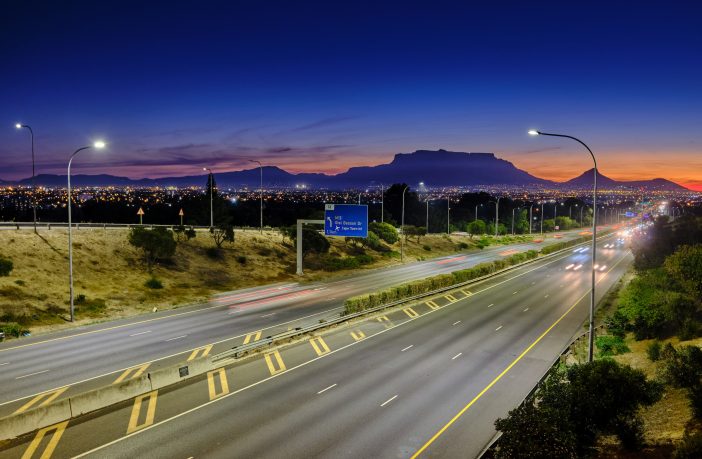- Eskom will be piloting ‘load limiting’ in strategic regions of the Western and Eastern Cape.
- The programme is aimed at mitigating the adverse effects of load shedding on its customers who have smart meters.
“Implementing Electricity Load Limiting through smart meters enhances the equilibrium between electricity supply and demand on the grid during load shedding stages 1 to 4. This empowers customers to sustain the use of essential appliances, with a capacity of up to 10 Amperes,” explained Mbulelo Yedwa, the General Manager of Eskom Cape Coastal Cluster.
Related news: Load limiting is a tyranny masquerading as convenience in South Africa
According to the power utility, load limiting aims to better balance the supply and demand of electricity during Stages 1 – 4 of load shedding.
“Through load limiting measures during Stages 1 to 4 of load shedding, customers’ electricity capacity will be reduced from 60/80 Amps to 10 Amps. This will allow customers to continue with the minimal use of electricity for essential appliances such as lights, TVs, Wi-Fi routers, fridges and security systems.
If the customer load remains above 10 Amperes, the smart meter initiates two additional attempts, spaced 30 seconds apart. Following three unsuccessful attempts, the next reset occurs after 30 minutes.
The pilot sites include Adelaide and Bedford in the Raymond Mhlaba Local Municipality and Lusikisiki within the Ingquza Hill Local Municipality, Eastern Cape while Sunningdale and Rivergate are included in the City of Cape Town Municipality.
Author: Bryan Groenendaal















